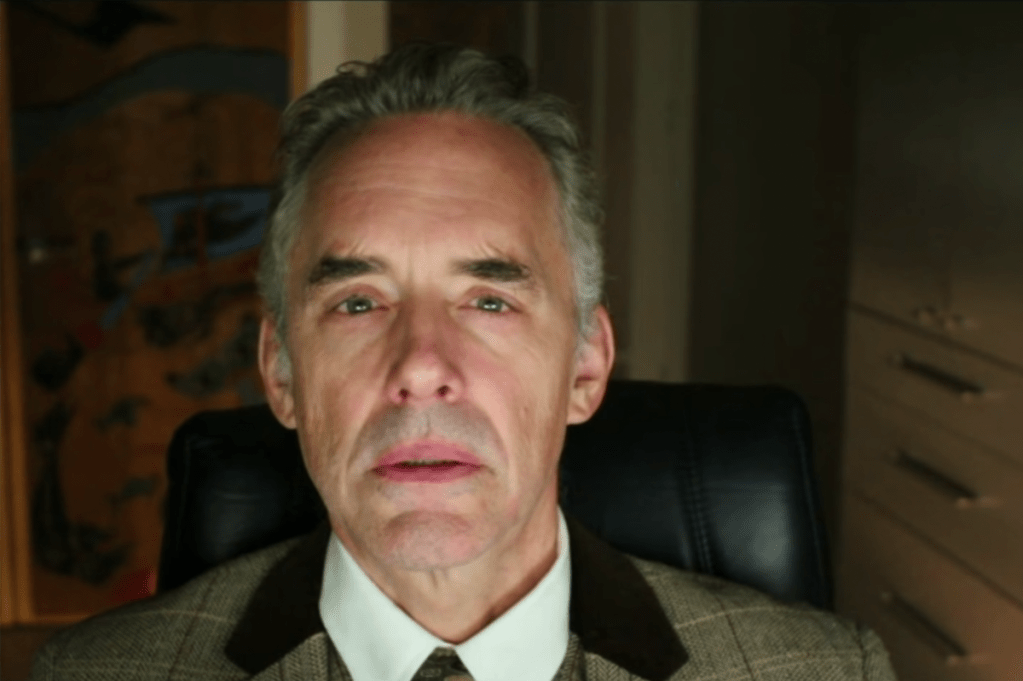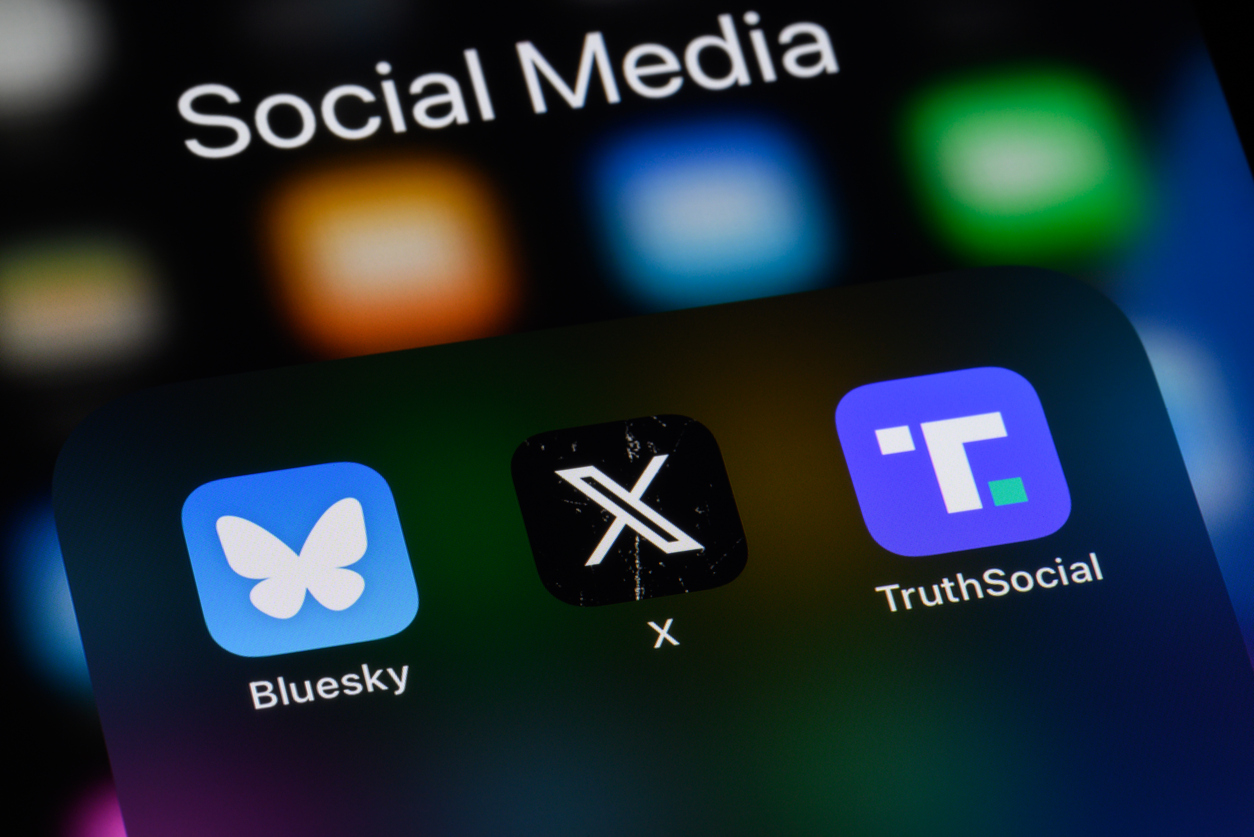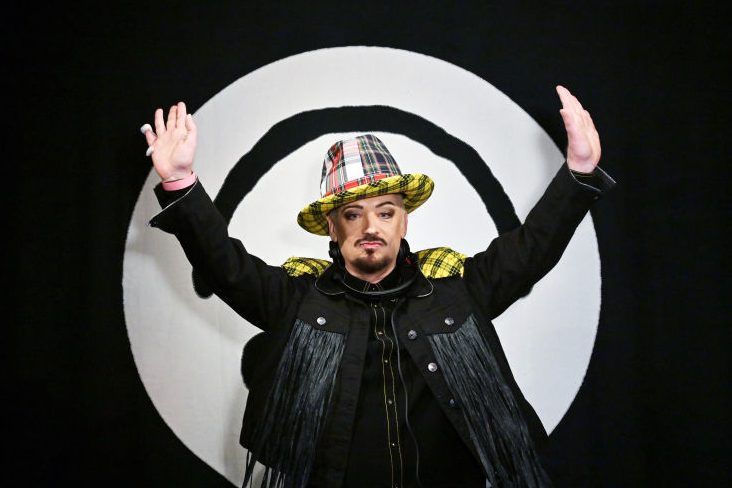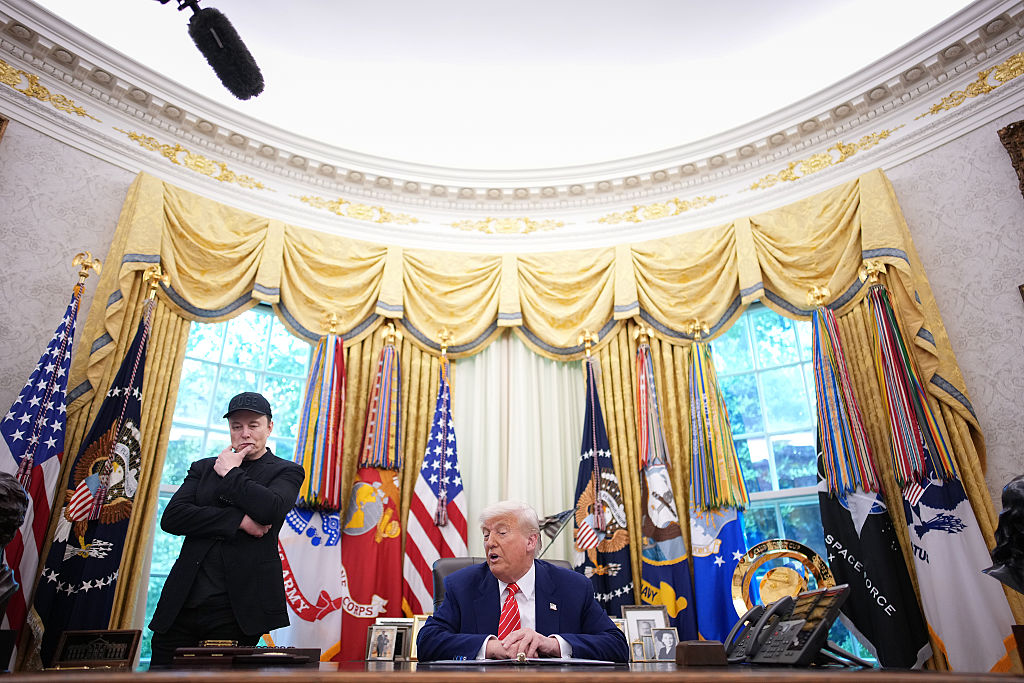“The best we can hope for concerning the people at large is that they be properly armed.” So sayeth not Grendel69 on Twitter, but Alexander Hamilton, writing under the name Publius, the handle he adopted along with James Madison and John Jay when they were writing The Federalist Papers. But if Twitter had existed, well, Hamilton may well have been a shitposter, one who made Grendel69 look like a lightweight.
Anonymity, pseudonymity, whatever you want to call it, is oft maligned, particularly in the digital square. The debate about it will likely always be with us, unless, somehow, the internet magically ceases to exist, forcing mankind up out of its sitting position. (As that wouldn’t be good for my income streams, I’m going to have to hope it keeps on keeping on.) And while Grendel69 may not be the next Hamilton, he’s also super easy to ignore, or block and report, which isn’t something the few handfuls of British loyalists had the option to do with Publius.
Not everyone agrees with this assessment. Jordan Peterson, for example, recently waded into the argument, naturally with a series of tweets. The good doctor summed up his thoughts: “Most anonymous accounts are counterproductive. And I never said they should be banned. I merely said that the anonymous accounts should be separated from the real people.”
I’m fairly confident that Alexander Hamilton was a real person, unlike some bot accounts on social media, though he was much more limited in his ability to disseminate his ideas. He couldn’t just generate a thought and hit send, reaching audiences of potentially 20 to 30 people, as do those bot accounts. He had to get out there and hit the pavement. I’ll leave it to you to decide which approach was more effective, but online trolls haven’t sparked a revolution for freedom (yet). Which isn’t exactly a point in Peterson’s favor. The point of free communication isn’t how effective it is, but whether or not it happens at all.
There’s also the fact that anonymity doesn’t exactly prevent invective. As has been noted, including by this publication’s own Bridget Phetasy, people are more than willing to be dicks while using their own names and faces. Anonymity doesn’t slow them down. And while the “block” function doesn’t prevent someone from riding a horse by your house and throwing a brick with a scroll tied to it through your window, it’s still a lot of effort to say “ur mom.”
Granted, there’s a wide berth between those who lurk online all day waiting to try to roast someone and a group of young revolutionaries planting the seeds for an experiment that’s been going on for 246 years. But for those outside of this glorious country, anonymity can be a necessity. There’s a reason the People’s Republic of China is constantly working with tech companies to stifle communication, and there’s a reason that the ongoing release of the Twitter Files matters at home. When people are not free to speak and communicate, the cadre of experts that seeks to rule over them — for their own good, of course — has far fewer obstacles to doing so.
For there are myriad examples of people expressing reasonable opinions under their own names, only to have those opinions twisted such that their livelihoods, even their lives, are negatively affected. Which isn’t to say that anonymity would have shielded them. Every regime has its Taylor Lorenzes waiting to expose people for wrongthink.
In a free society, though, ideas should be free and freely disseminated, whether as the seeds which will blossom into a movement that could change the world for the better, or as the poison that will expose the thinker, to use the term loosely, as an anti-Semitic crank who should be ignored.
In other words, it’s not the anonymity that’s the problem. It’s the shadows looming over all of us, threatening our ability to express ourselves. Let Grendel69 be free and so might we all.
And if Grendel69 acts like a dick, you can simply block him. The odds that he has access to your address, and a horse, are pretty low — the same as with someone behaving that way while using his real name.

























